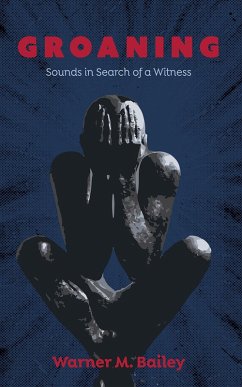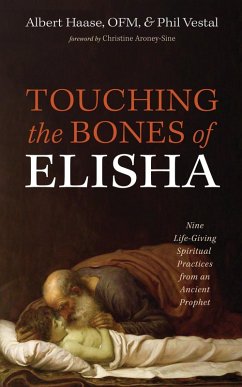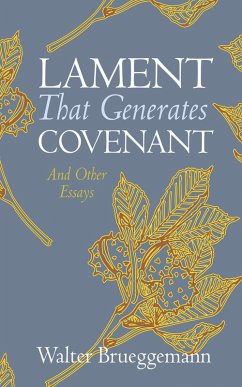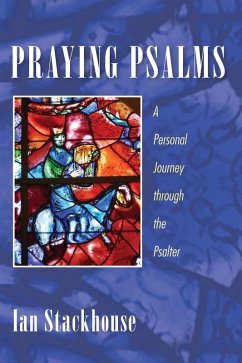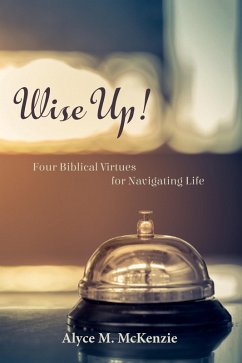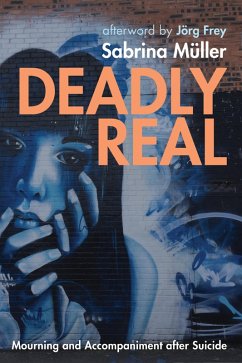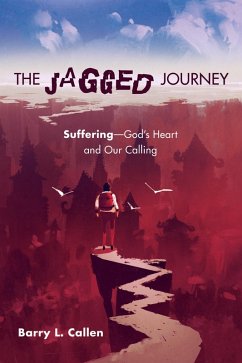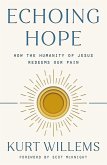When a Minneapolis police officer murdered George Floyd, that cop seared on to the American consciousness a lasting symbol of the injustices that communities of color have submitted to since slavery. Many people used the word "groaning" to describe their response to this murder. This book seeks a better understanding of this visceral reaction, and its pastoral importance. In Lamentations 1, groaning plays a pivotal role, and a witness to groaning is indispensable to relief. Groans are sounds in search of such a witness. This points up the silence of God as witness, crystalized in the symbol of the anti-shepherd. The book ends with the stark, impending reality of baleful, divine rejection. Yet, God does not intend for silence to be the final result. This book probes several openings to a cruciform model in which groaning is contextualized and transformed. Lamentations functions creatively in canonical relationship with Second Isaiah, the Gospel narrative of Jesus, and Paul's description of the Spirit's intercessory work. A range of Black religious thinkers--Cone, Evans, Glaude, Copeland--are analyzed for insights into addressing groaning. Finally, the indispensability of a witness challenges communities of faith to serve as witnesses to persons who struggle to flourish even as they carry their scars.
Dieser Download kann aus rechtlichen Gründen nur mit Rechnungsadresse in A, D ausgeliefert werden.

